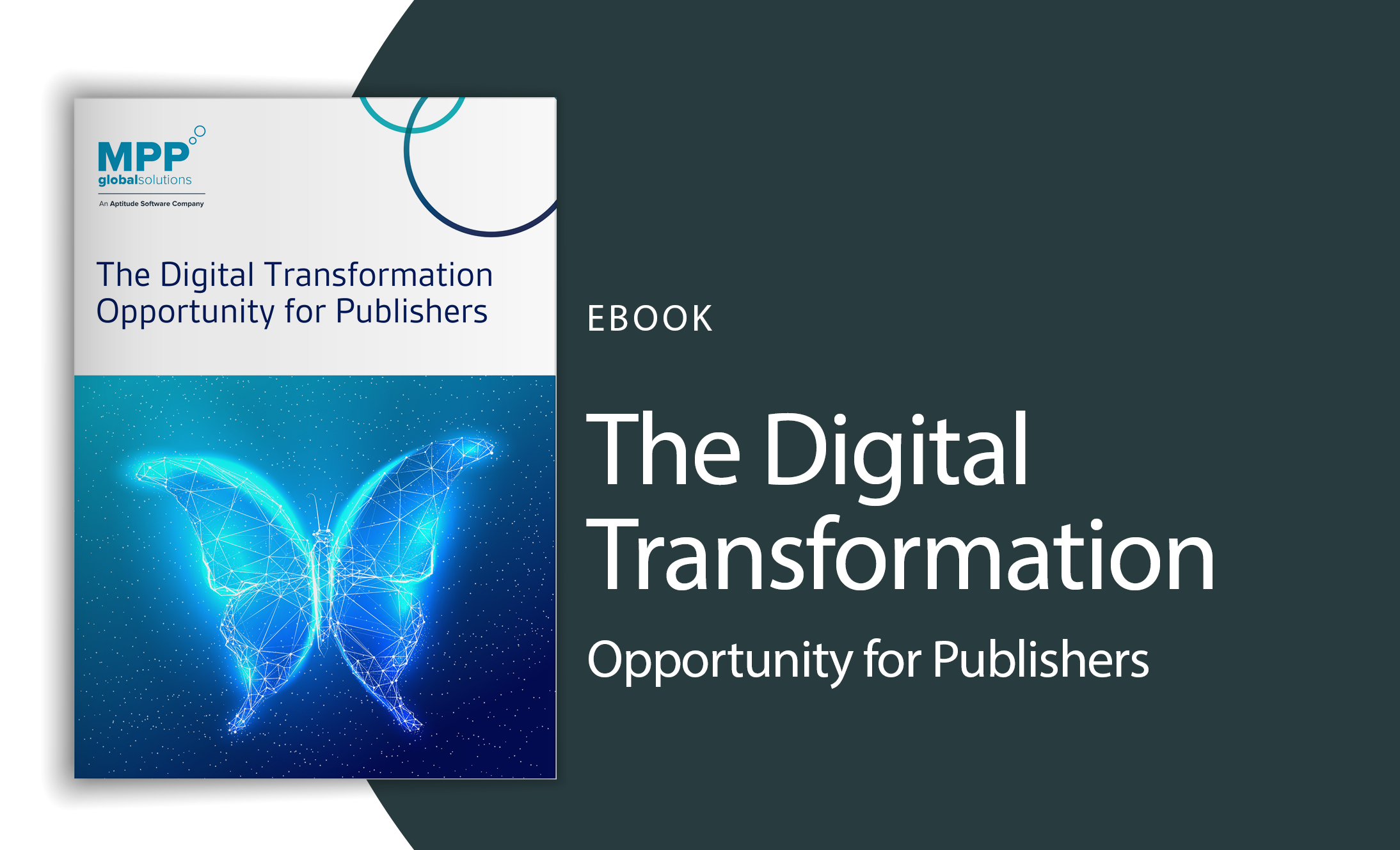Build vs Buy: The Right Approach to your Digital Monetization Strategy

Many media businesses looking to grow their digital revenues face the same question; “Do we build a new platform, or do we buy one?”
Both options offer benefits and opportunities, with internal development sometimes seen as the cheaper option as the business could have more control over the product that is launched. However, working with a vendor offers a whole host of advantages to organizations as well. It is usually the case that a vendor’s platform is ‘ready to go’ and there is minimal development required relating to functionality, instead the focus is on integrating the existing platforms in the business with the vendor’s software. This is typically a much simpler process than building something new from scratch and the vendor’s software will have many different integration points and the necessary support to make this a comparatively simple exercise.
Functionality Requirements
In relation to functionality, the general consensus is that in-house development focuses on what is needed ‘there and then’. This may be initially acceptable for launch, but when the business want to try new ideas, new business models or make tweaks to the service they’ve launched, it often leads to further development, lead times and ultimately increased costs.
Working with an established vendor is likely to mean the range of functionality, and therefore the flexibility and diversity of options available to the business, are much wider. Over and above the fact that a multi-tenanted SaaS platform provides instant access to many years of feature development designed to meet the needs of hundreds of companies around the world at a fraction of the cost, the vendor will have an internal roadmap of product features they are planning to launch, as well as working on client-based features, which once released will be available to all clients. This level of flexibility and experience with the ‘here and now’, coupled with the future focus on new features and enhancements, often means that selecting a vendor is the best long term option for many businesses trying to answer the build vs. buy question.
Choosing your Monetization Vendor
When deciding whether to work with a vendor for your digital monetization strategy, the areas of experience and expertise should be considered. It is likely that the vendor is focussed on a specific area of functionality, with a platform designed to solve the challenges associated with this discipline. The vendor will have dealt with the complexities and bugs associated with developing software from scratch and, to ensure client satisfaction, will be looking to continuously improve their offering.
For a business to undertake in-house development, issues will appear that have not been considered prior to commencing the project. There is also the possibility that the strategy/requirements of the business’ management will alter mid-project potentially meaning a rethink to the platform being developed and an extension to the project’s timeline. With a vendor’s platform, not only will the deployment lead times be reduced by as much as 80%, there are usually multiple ways in which the functionality can be utilized and changes to strategies are less disruptive to the launch process.
Adopting a Cloud Platform
There is also the question of the technology that should be used to develop and house the new platform. Many media businesses are reliant on local hardware-based architectures, which are often expensive to extend, to power and to house; plus there is usually requirements for on-site support and in-house specialists to manage the platforms. The adoption of cloud based software is growing at a significant rate, driven by the lower OPEX/CAPEX overheads and the ease at which improvements can be made relating to performance and scalability. With more and more businesses looking to reduce fixed overheads and the stability of cloud software being equal to, if not better, than that of localized hardware-based services, this is certainly a factor that businesses should be considering when looking to launch new digital content services.
Digital Monetization Strategy
The need to integrate the right model and in the right manner can play a significant role in the success of monetizing your online content. In the process of planning, content owners need to have a clear understanding of what they want to achieve from their digital content monetization strategy. With this set at the start of the project, the decision about how you are going to integrate software to support your strategy becomes significantly easier.
Get in touch with our digital monetization experts to discuss the best process for your digital content strategy.
 us
us 










